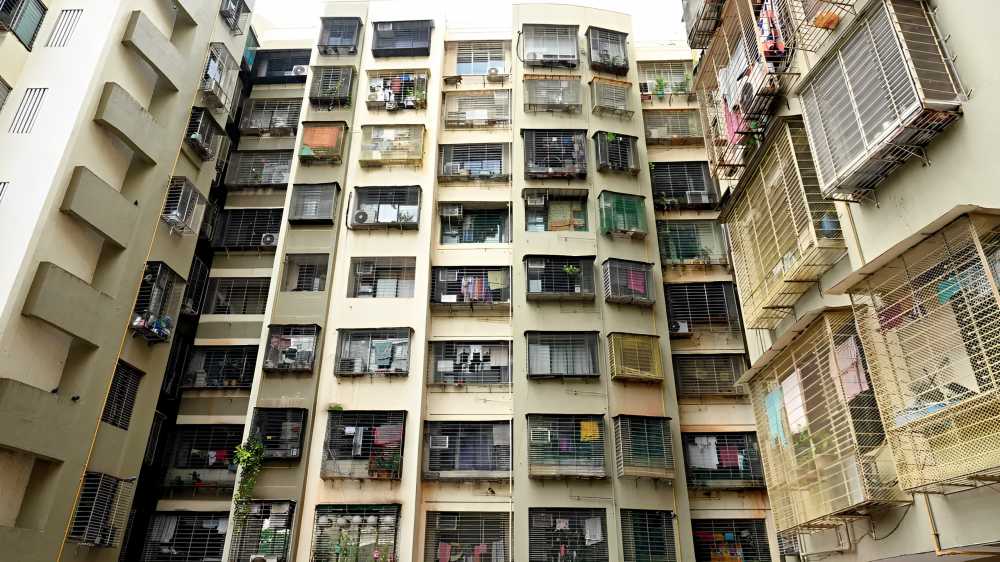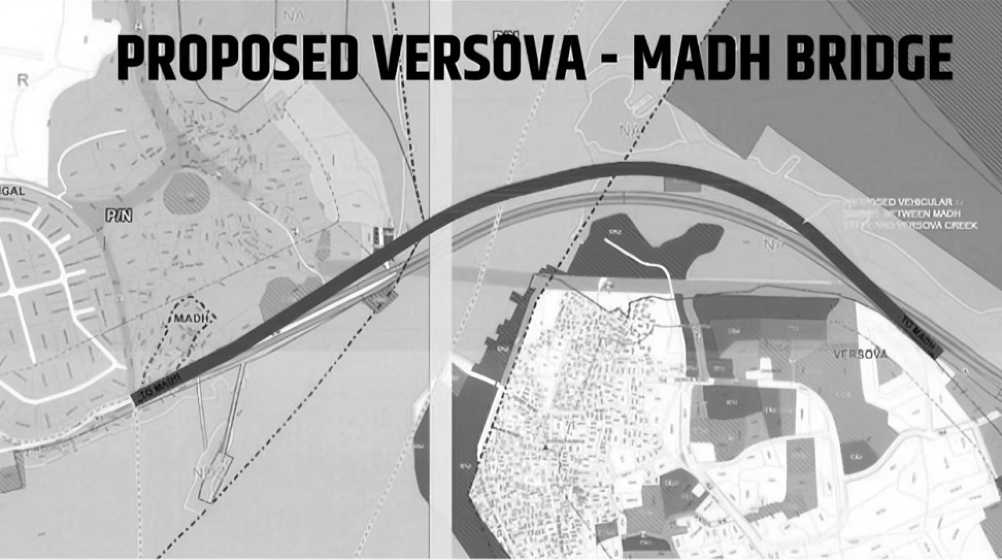November 06, 2025: In a landmark decision aimed at restoring democratic control in housing cooperatives, the Commissioner for Cooperation and Registrar of Co-operative Societies, Maharashtra State, has issued a circular affirming that the general body of a housing society is the final authority in all redevelopment and self-redevelopment matters.
The circular, dated November 4, 2025, removes the long-standing requirement of a No Objection Certificate (NOC) from the registrar before redevelopment approvals — a move expected to unlock thousands of stalled projects across Maharashtra. This follows the Bombay High Court’s ruling in Baltazar Fernandes vs Deputy Registrar, Co-operative Societies (H-West Ward), which clarified that the registrar’s role is administrative and not supervisory over general body resolutions.
Commissioner Deepak Taware said, “Through this circular, we have granted autonomy to societies. Unnecessary interference by registrars will now be curtailed.” He added that his office will issue further directives to ensure strict compliance and prevent delays in redevelopment.
Legal experts and housing activists hailed the move as transformative. Advocate Shreeprasad Parab, Director of the Maharashtra State Housing Federation, called it “a landmark circular” that strengthens transparency and speeds up redevelopment. “The general body is now legally recognised as the ultimate authority — not the registrar,” he said.
CA Ramesh Prabhu, founder chairman of MahaSEWA, noted that NOC requirements had “encouraged corruption” and delayed projects. The circular mandates registrars to appoint an authorised officer within 14 days of a society’s redevelopment proposal and prohibits them from issuing or reviewing NOCs.
The order also warns that registrars violating these provisions will face disciplinary action. With around 60 registrars in the Mumbai Metropolitan Region and 330 statewide, the reform is expected to streamline redevelopment, boost transparency, and ease the burden on courts and citizens alike.
Source: Mid-day





